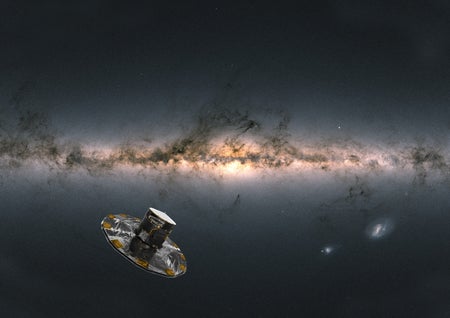
The Milky Way May Be Missing a Trillion Suns’ Worth of Mass
Slow-moving stars at the Milky Way’s outskirts suggest our galaxy may be far lighter than previously believed, with profound implications for dark matter
Adam Mann is a journalist specializing in astronomy and physics. His work has appeared in National Geographic, the Wall Street Journal, Wired, and elsewhere.

The Milky Way May Be Missing a Trillion Suns’ Worth of Mass
Slow-moving stars at the Milky Way’s outskirts suggest our galaxy may be far lighter than previously believed, with profound implications for dark matter
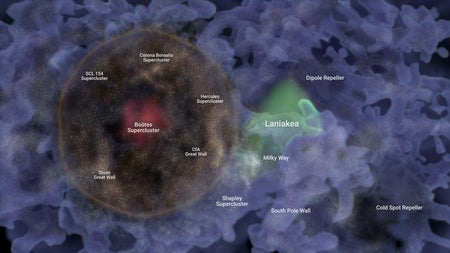
Ho’oleilana, a Billion-Light-Year-Wide Bubble of Galaxies, Astounds Astronomers
This enormous structure could help explain processes close to the dawn of time—or it could be a random cosmic fluke
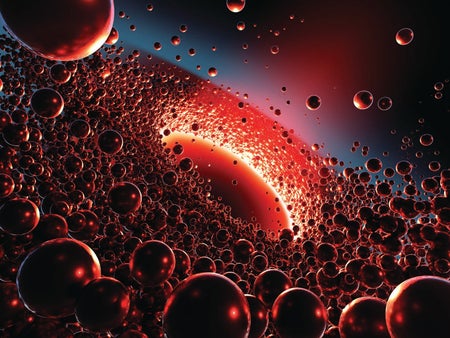
Black Holes Evaporate—Now Physicists Think Everything Else Does, Too
Particle by particle, all matter may eventually disappear, according to new calculations
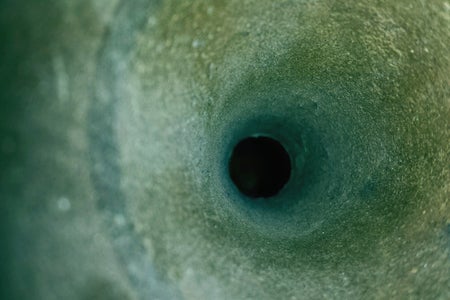
Has Anyone Created a Black Hole on Earth?
A lab-made black hole is beyond current technology but could be possible one day
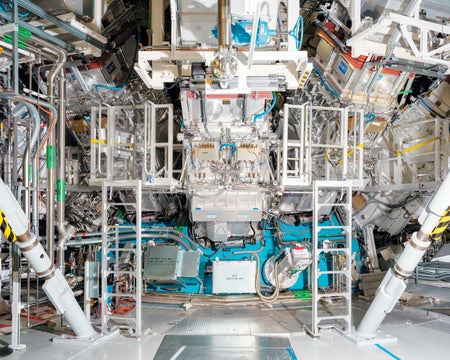
See the Facility That Tests whether Nuclear Weapons Work
Gargantuan lasers induce a fusion reaction to test the U.S. nuclear stockpile
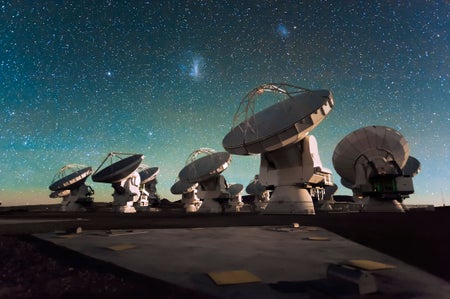
With New Study, NASA Seeks the Science behind UFOs
Although modest in scope, a NASA research project reflects shifting attitudes toward the formerly taboo subject of UFOs
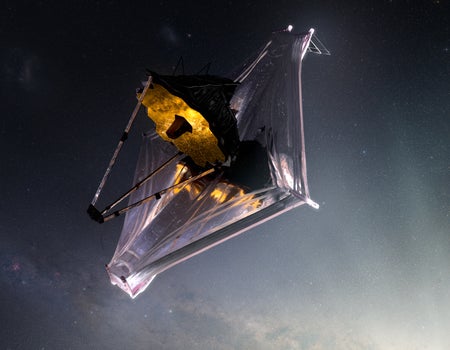
New Revelations Raise Pressure on NASA to Rename the James Webb Space Telescope
E-mailed exchanges show the space agency’s internal struggle to address pleas to change the controversial name of its latest, greatest observatory
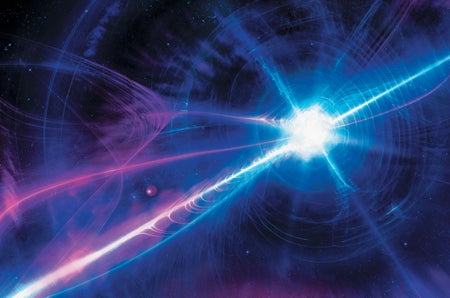
Mysterious Fast Radio Bursts Are Finally Coming into Focus
Twenty years after their initial detection, enigmatic blasts from the sky are starting to deliver tentative answers, as well as plenty of science

Avi Loeb’s Galileo Project Will Search for Evidence of Alien Visitation
With nearly $2 million in private funding, the controversial new initiative is targeting unidentified phenomena in Earth’s skies and beyond
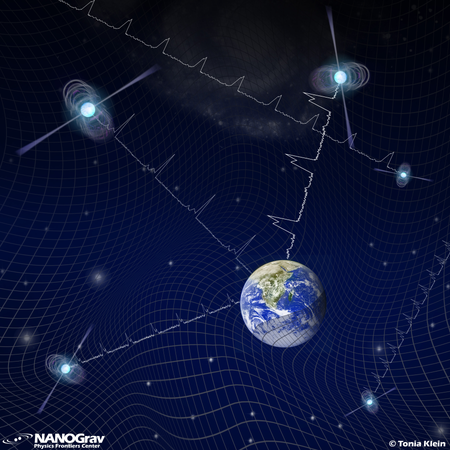
Galaxy-Size Gravitational-Wave Detector Hints at Exotic Physics
Recent results from a pulsar timing array, which uses dead stars to hunt for gravitational waves, has scientists speculating about cosmic strings and primordial black holes
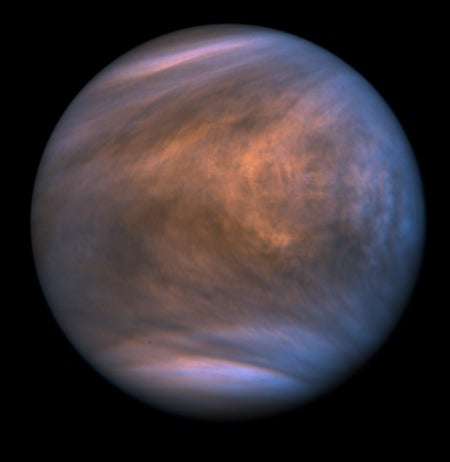
Venus Might Host Life, New Discovery Suggests
The unexpected atmospheric detection of phosphine, a smelly gas made by microbes on Earth, could spark a revolution in astrobiology
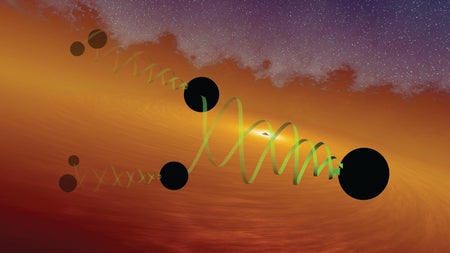
LIGO and Virgo Capture Their Most Massive Black Holes Yet
The unexpected finding gives astronomers their first good look at previously missing “intermediate”-size black holes
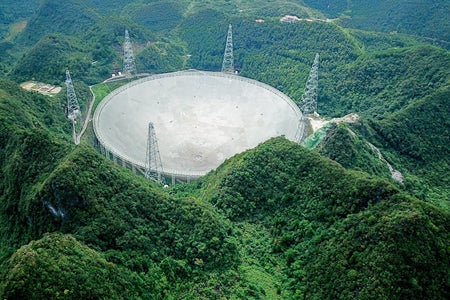
Want to Talk to Aliens? Try Changing the Technological Channel beyond Radio
Finding cosmic civilizations might require a more innovative approach than listening for radio transmissions
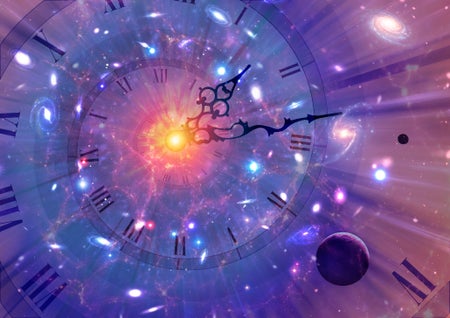
The Universe’s Clock Might Have Bigger Ticks Than We Imagine
A new experiment places limits on the smallest possible increment of time
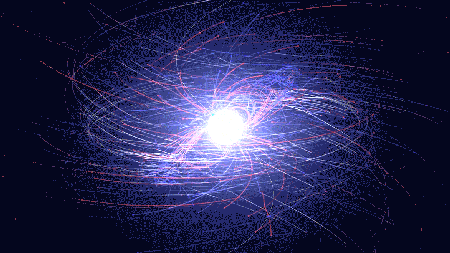
The Strange Hearts of Neutron Stars
Space observations are poised to reveal more about the centre of one of the Universe’s most enigmatic objects

Fast Radio Bursts from a Spiral Galaxy Challenge Theorists
Astronomers are struggling to explain the repeated, milliseconds-long chirps from a mysterious source
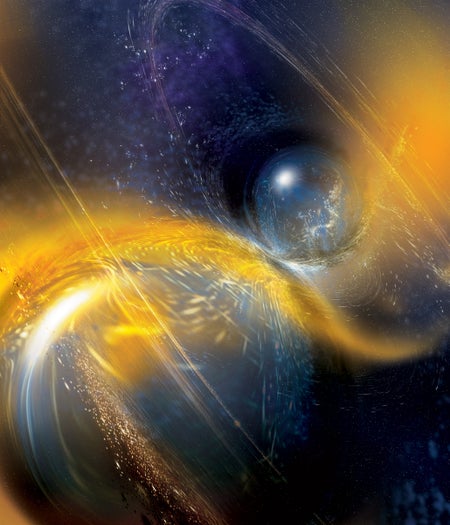
Gravitational-Wave Discovery Hints at Another Spectacular Neutron-Star Crash
This new detection—the second of its kind—raises new questions about the nature of these mysterious objects
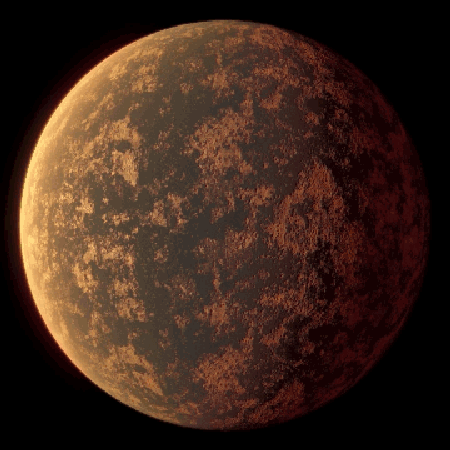
Scientists Mull the Astrobiological Implications of an Airless Alien Planet
A rocky world devoid of atmosphere arouses debate over the habitability of the Milky Way’s most common star systems
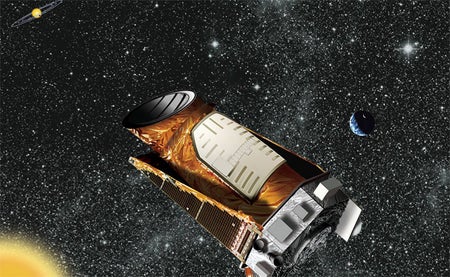
Astronomers Don't Know What to Make of This Incredibly Bizarre Star
Unusual dips of light observed by the Kepler space telescope have so far confounded attempts at an explanation
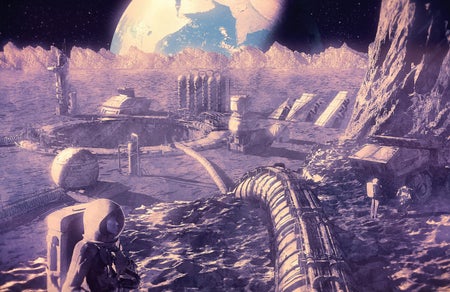
The New Scramble for the Moon
A new race could be heating up to claim valuable moon terrain amid uncertain laws

How Wild Should We Let the Solar System Be?
Experts argue that more than 85 percent of the solar system should be left untouched so that we can sustainably move off-world
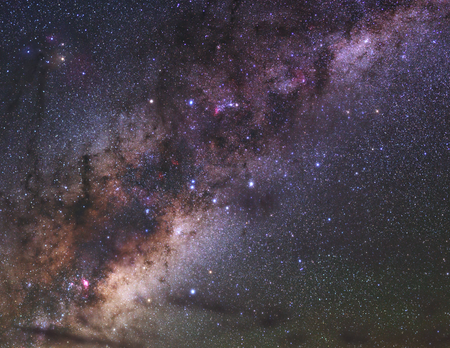
Hidden History of the Milky Way Revealed by Extensive Star Maps
Data from the Gaia spacecraft are radically transforming how we see the evolution of our galaxy
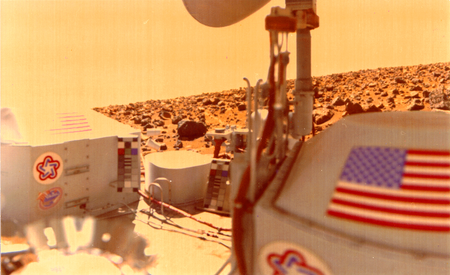
Search for Alien Life Should Be a Fundamental Part of NASA, New Report Urges
A blue-ribbon committee finds the science of astrobiology is worthy of deep integration into the space agency’s exploration efforts

What Linguistics Can Tell Us about Talking to Aliens
Linguist Sheri Wells-Jensen explains the pitfalls in our assumptions about extraterrestrials